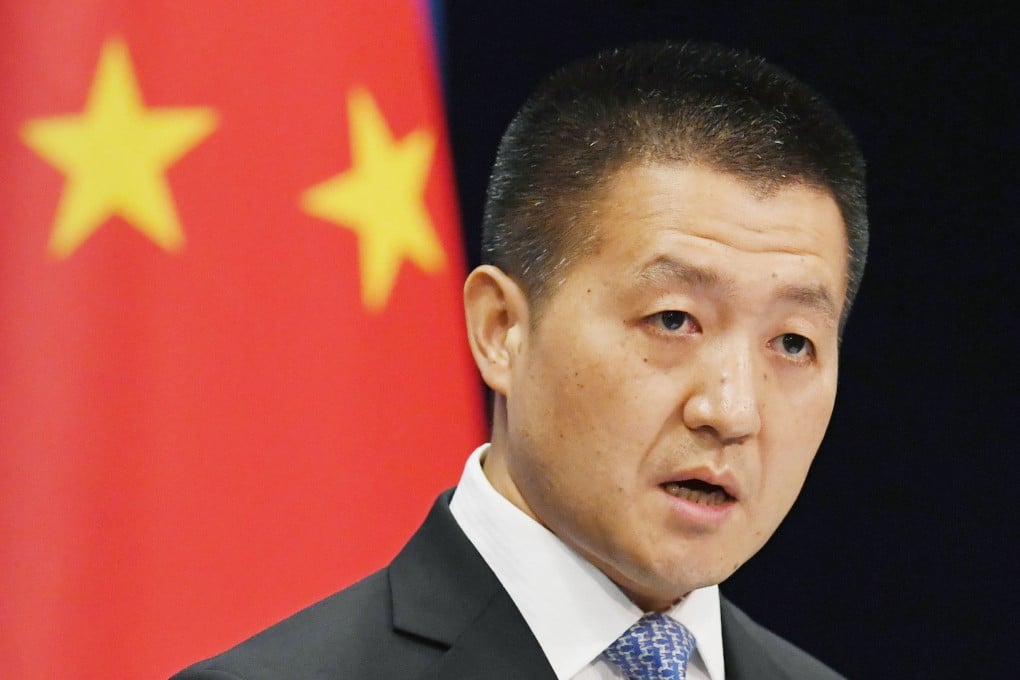Advertisement
China makes another change to its diplomatic line-up on US relations
- Lu Kang has stepped down as head of the foreign ministry’s North American and Oceanian affairs department and will be replaced by Yang Tao
- It comes after Beijing appointed a new ambassador to Washington and a new vice-minister overseeing its troubled relations with the US
Reading Time:2 minutes
Why you can trust SCMP
20

Beijing has replaced another senior diplomat in charge of US affairs after an earlier reshuffle of top diplomatic staff overseeing its troubled relations with Washington.
Lu Kang has stepped down as head of the foreign ministry’s Department of North American and Oceanian Affairs after 2½ years in the job, according to the ministry’s website. His successor, Yang Tao, was previously head of the Department of International Organizations and Conferences at the ministry. There has been no announcement yet on Lu’s new role.
While Lu, a former ministry spokesman, is a veteran when it comes to US relations and the media, Yang appears to be little known publicly apart from his handling of United Nations matters and other multilateral groups and events.

The personnel change came as another former foreign ministry spokesman, Qin Gang, 55, became China’s new envoy to the United States in July. He replaced the longest-serving Chinese ambassador to the US, 68-year-old Cui Tiankai, in a generational transition of the country’s ageing diplomatic corps.
Advertisement
That followed a change in the top ministry post responsible for day-to-day dealings with the US earlier this year, with Xie Feng, 57, taking over from Zheng Zeguang as foreign vice-minister, overseeing Lu’s department.
While Lu, 53, is seen as a rising star among the new generation of Chinese diplomats, Yang is among a group of even younger diplomats born in the 1970s.
Yang joined the foreign service in 1994 after graduating from the ministry-affiliated China Foreign Affairs University.
Advertisement
Select Voice
Choose your listening speed
Get through articles 2x faster
1.25x
250 WPM
Slow
Average
Fast
1.25x